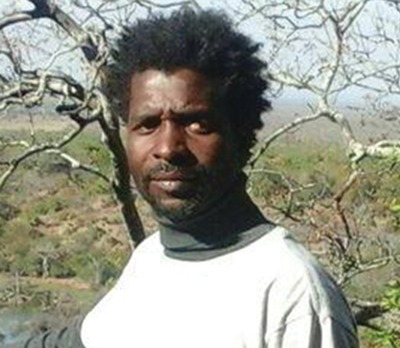
DISASTERS have a tendency of showing the best and worst of humankind. Wars or natural disasters usually create new heroes/heroines and villains and the COVID-19 pandemic has done exactly that.
Disasters expose the inner selves of people — whether they are empathetic or indifferent. In some cases, disasters reaffirm and strengthen perceptions already held by the people.
In March this year, the World Health Organisation declared COVID-19 — a flu-like health crisis a pandemic — forcing many governments across the globe to declare states of disaster or emergency depending on their statutes.
Many countries, including Zimbabwe, declared national lockdowns — laws that closed everything else except essential services.
Citizens were ordered to stay indoors or within their properties, workers were ordered to work from home if they could or just sit out the pandemic and people could not travel across cities or towns.
The initial lockdown in Zimbabwe was declared on March 27 and was for two weeks effective from March 30, 2020. The government, in announcing the lockdown, claimed the move was meant to flatten the curve of infections. Zimbabwe wanted to flatten the curve when at that moment it had nine cases and one death.
Zimbabwe’s economy is fragile from lack of investment and reduced production in the past five years or so and lack of policy consistency even on crucial issues like the currency.
Nearly 90% of the working population, according to the International Labour Organisation, are engaged in the informal economy — meaning they survive generally from hand to mouth.
- Chamisa under fire over US$120K donation
- Mavhunga puts DeMbare into Chibuku quarterfinals
- Pension funds bet on Cabora Bassa oilfields
- Councils defy govt fire tender directive
Keep Reading
The few that formally work are mostly underpaid and as high as 85% of them earn below the datum poverty line that currently stands at slightly over $8 000 a month for a family of six. The International Monetary Fund estimates that nearly 70% of the population in Zimbabwe are in abject poverty as they live on less than US$2/day — the scientific threshold of poverty across the globe.
President Emmerson Mnangagwa’s regime made the perfunctory promises to help the indigent population by introducing social safety nets. It proposed to give $200 cash transfers to the most affected one million families over a period of three months.
Finance minister Mthuli Ncube, in announcing the monetary support, said: “Vulnerable groups in our society are the most exposed under this COVID-19 crisis. Accordingly, the Treasury has set aside resources to cover one million vulnerable households under a cash transfer programme and payment will commence immediately. The Social Welfare Department will use its usual mechanisms to identify the beneficiaries.”
The value of the grant at the time it was announced was equivalent to US$8, an amount so meagre that it could not buy breakfast for a week, especially in the hyperinflationary economy that the country is going through.
As of Tuesday this week, the grant value was more than halved to US$3,20 after the US dollar traded at 1:57 to the local currency at the inaugural forex auction trading system. Ironically, it is the same Tuesday that Cabinet announced the bombshell that it had massively failed to reach out to the one million families who needed support most. In a post-Cabinet briefing, Information minister Monica Mutsvangwa said: “Under the cash transfers to the informal sector members affected by COVID-19, the Ministry of Public Service, Labour and Social Welfare has paid cushioning allowances to a total of 197 000 people. The target is to reach one million beneficiaries.”
From the Cabinet briefing, it is clear that the government has only been able to assist less than one in five (>20%) of the most vulnerable people. By any stretch of imagination, this is a monumental failure by the regime and most now depend on the generosity of their neighbours to live.
It is in these circumstances that a heroine has emerged in Chitungwiza — a dormitory town of just over half a million residents. Samantha Muzoroki, a migration lawyer, has started a soup kitchen, Kuchengetana Trust, which is feeding about 2 000 people with a hot meal each day since the declaration of national lockdown that has since become indefinite.
The same initiative has been replicated in the sprawling informal settlement of Epworth, giving hope to the poor despite the failure by the regime to look after its own citizens.
Does the country need a government if the same cannot take care of its poor? It is rare for lightning to strike twice in the same place, but Zimbabwe has had successive disasters — Cyclone Idai and COVID-19 — and on both occasions the regime has been found wanting in its disaster preparedness. It is a good thing that angels and heroines have arisen to fill in the gap, but it remains essential that a government has to take care of its people. Probably, it is time the country relooks at its social welfare policies and probably the National Social Security Authority develop an unemployment benefit fund to tackle poverty.
But above all, Zimbabwe needs an empathetic government that cares for its people.











